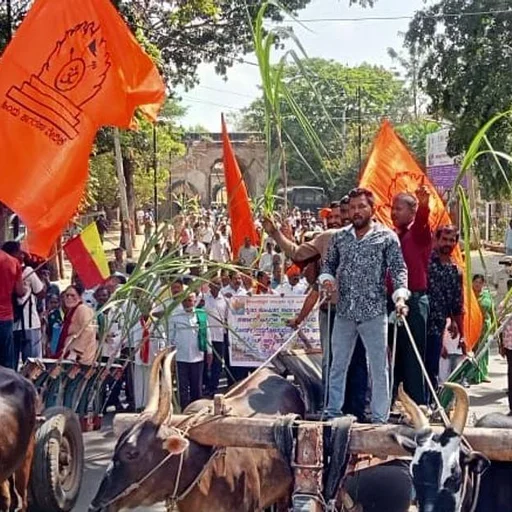A recent strike, or bandh, in Srirangapatna, Karnataka, brought the town to a standstill as residents protested the proposed use of land claimed by the Waqf Board. This organized demonstration, called by various local groups, aimed to express strong concerns about the land and how its development might affect the community. During the strike, businesses closed their doors and traffic came to a near halt, showcasing the widespread opposition to the government’s plans for the land. The conflict is rooted in a disagreement over who owns the land and how it should be used, causing tension between the Waqf Board and the people who live in the area.
The heart of the issue is that the Waqf Board claims the land, but local residents see it as an integral part of their community, used for different public purposes. The protesters worry that transferring the land would disrupt their daily lives and established routines. One local activist said, “We are not against any community. However, we will not allow them to acquire the land of farmers and the people.” This statement reflects the feelings of many residents who feel their needs are being ignored. The broad scale of the strike showed just how much public concern and controversy this land dispute has caused.
This bandh in Srirangapatna emphasizes the existing battles over land ownership and the rights of communities in Karnataka. It also brings to light the challenges in managing Waqf properties while also trying to meet the needs of diverse groups within an area. The future of the land, and how it will affect the residents of Srirangapatna, remains unclear. This situation highlights the importance of conversation and thoughtful consideration of all points of view. The significant response to the strike could play a big role in shaping future discussions between the Waqf Board and the community, showing the strength of local opposition.
